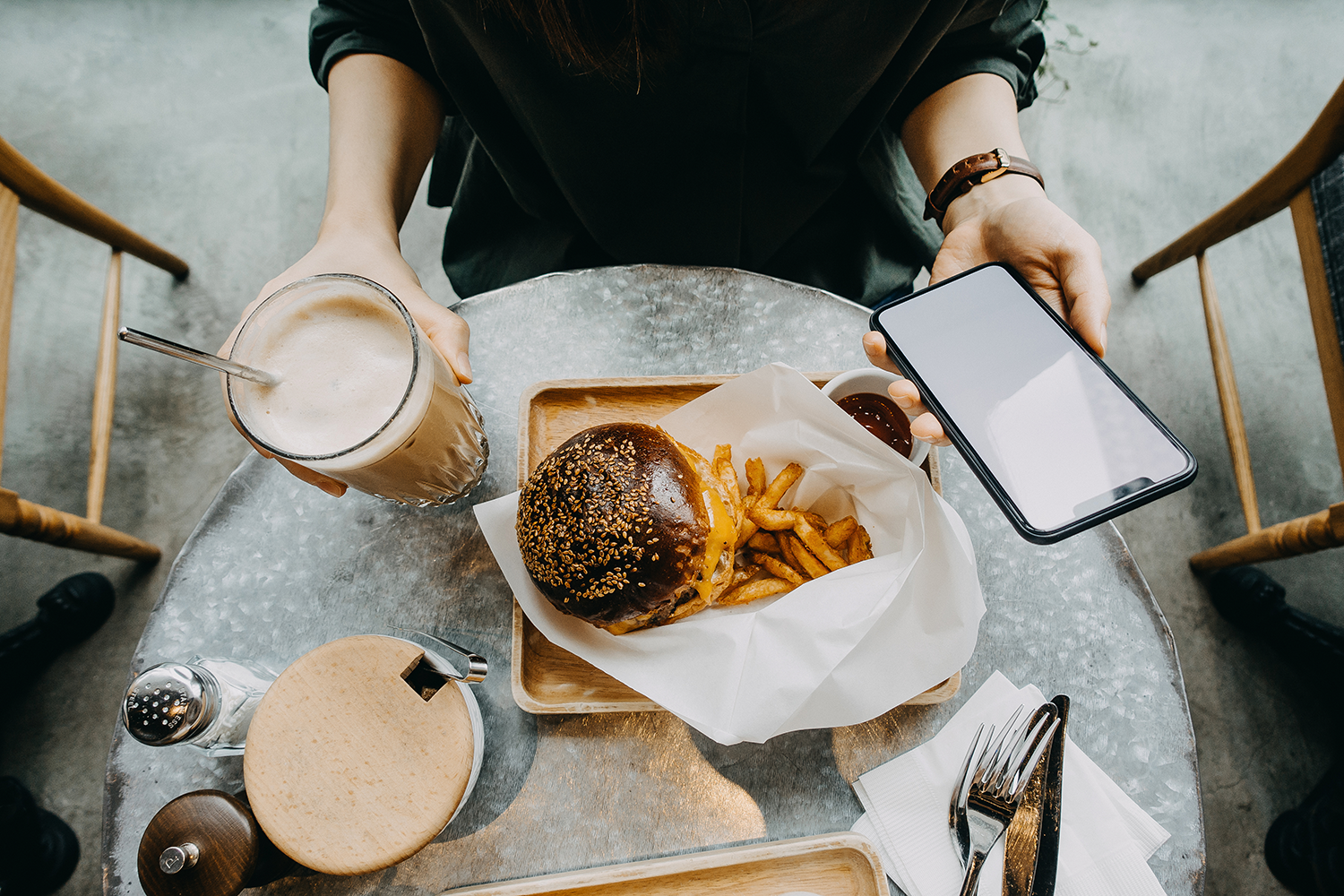Like most things, food has always been about sex.
Themes of desire and consumption have lent themselves to poetic double entendre for centuries, while artistic depictions of bananas and sliced pomegranates in Facebook-friendly header images for Cosmo articles and the infamous eggplant and peach emoji have served as useful visual euphemisms for various sex acts and organs in the digital age.
We even borrow food-related verbiage when it’s time to talk sex. Certain pop stars might — perhaps against the better interest of their careers — describe their sexual partners as “yummy,” and many a hopeless romantic have at some point described their amorous yearnings as “cravings” (to similarly mixed reviews). Certain sex acts involve “eating” our partners, and sometimes creative applications of whipped cream, peanut butter, frosting, what have you, have been known to render the food-sex connection literal.
It’s no surprise, then, that food has come to play a major role in the romantic scripts that precede, or at least hope to precede, more explicit sexual behavior. Whether fine dining, the quintessential “dinner and a movie,” or takeout and Netflix, dates are often centered around food, and in the age of online dating, food often informs our dates and romantic prospects before either party even arrives at the restaurant.
From dating apps like Bumble prompting users to name their favorite foods and restaurants to the rumored rise of the “chicken parm guy” on Hinge, it seems food has taken over dating apps. As Vox’s Rebecca Jennings noted in her investigation into “Taco Tinder” last year, mentions of food in dating app profiles often function, or at least attempt to function, as “advertisements for a stranger’s entire personality.” On dating apps, it seems, we are increasingly what we eat.
“Food is easy to talk about and it’s also pure hedonism,” says dating expert and coach Meredith Golden. “When people talk about topics that make them happy, the person they are chatting with is perceived in a positive light as well.”
Golden, who professionally ghostwrites dating-app profiles and drafts messages to her clients’ matches, tells InsideHook that she regularly sees mentions of food, including craft beer, cheese, guac, ramen and — of course — tacos. And it’s not just the foods themselves, but also the trends and habits that define how we consume them. “A lot of singles like to mention their keto lifestyle,” she adds. “I’ve had so many conversations around keto and intermittent fasting.”
Golden isn’t the only one seeing a wide variety of food talk playing out on the apps. Back in 2017, online-dating platform Zoosk conducted a deep dive into the ways food chat affected users’ dating lives, finding that mention of food in one’s profile, in general, tended to result in an increase in inbound messages from matches. Specific foods like chocolate and guac had a particularly successful message increase rate, while — somewhat inexplicably — mention of yams in a profile led to a massive 70-percent drop in messages. The platform was also fruitful for self-professed “foodies,” who enjoyed a reported 82-percent increase in messages just for mentioning the term in their profile.
That’s good news for the more than 200,000 users who have joined dating app The League’s “Foodie” group. “The engagement is REAL,” Marko Krosnjar, chief of staff at The League, tells InsideHook.
But food talk isn’t necessarily happening on apps any more than it is in real life. “Food isn’t just relegated to dating apps and dating culture. It’s traditionally an easy subject to break the ice or advance a conversation,” Golden explains.
Dating apps magnify the subject because suddenly it’s not just one conversation about donuts but donut conversations on steroids.
Essentially, we talk about food on dating apps because it’s easy. Along with air and water, it’s a fairly fundamental aspect of existence that we, theoretically, share with just about every other human we encounter, both on and off the apps.
“The difference now is that with the apps, if a single lists on their Bumble profile that they love donuts, that single is going to have an inbox full of conversations about … donuts,” says Golden. “The dating apps magnify the subject because suddenly it’s not just one conversation about donuts but donut conversations on steroids” … which is how we end up with dating-app cliches like Taco Tinder and the somewhat less alliterative Chicken Parm Hinge.
This isn’t necessarily a bad thing, but on the internet, where people spend a lot of time arguing over what is and is not “a personality trait,” the Twitter chorus generally tends to agree that liking (or disliking) popular things doesn’t make the cut.
But valid personality trait or not, liking food — in general or in the specific — remains a constant that app daters appear committed to aligning themselves with. When it comes to the internet, especially on platforms where the sole purpose is to win as much approval from strangers as possible, a little basicness is all but inevitable.
While proclaiming your love of guac won’t exactly help you stand out from the pack, your dating-app profile was probably never going to be a window into the darkest corners of your soul, anyway.
Save that for the first date. Tacos and trauma, anyone?
Whether you’re looking to get into shape, or just get out of a funk, The Charge has got you covered. Sign up for our new wellness newsletter today.
